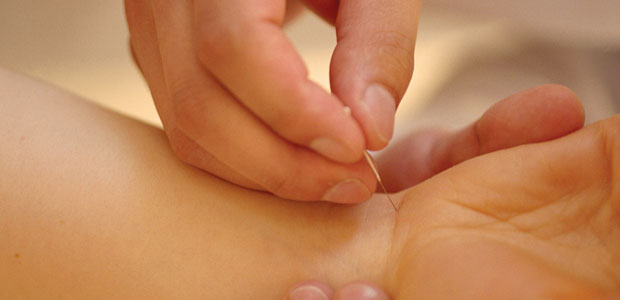Advertisement
Infertility
Women are waiting longer to have children. This naturally decreases the opportunity for spontaneous pregnancy, especially for women in their mid- to late-thirties, but statistics also confirm that more couples are seeking treatment for infertility. Approximately one in six couples is infertile–defined as the inability to conceive a child after one year of unprotected intercourse. … Continued

Women are waiting longer to have children. This naturally decreases the opportunity for spontaneous pregnancy, especially for women in their mid- to late-thirties, but statistics also confirm that more couples are seeking treatment for infertility.
Approximately one in six couples is infertile–defined as the inability to conceive a child after one year of unprotected intercourse. The cause of infertility appears to vary between the sexes but can be related to a number of things including structural abnormalities, hormonal imbalance, or nutritional deficiencies.
Fertility statistics in Canada show that about 50 percent of infertile couples decide against medical treatment and of those that go ahead with treatment, about 80 to 90 percent undergo medications or surgery that are not without complications or future risk of side effects. Only about five percent use advanced methods like in vitro fertilization (IVF), which offers a 20 percent success rate.
Fortunately, there are viable, safe, and effective natural options for men and women that have long-lasting, health-promoting effects and prove little to no risk for future health concerns.
Traditional Chinese Medicine (TCM)
TCM focuses on harmonizing energy flow and achieving a balance of yin and yang energies. It has been used for thousands of years to assist with male and female fertility. Interestingly, TCM philosophies purport that the vitality of the mother and the father at the point of conception helps to form the foundation of the baby’s wellness for life. Acupuncture treatments stimulate the flow of qi (energy), while Chinese herbs work to strengthen and nourish vital body fluids and the function of internal organs.
TCM can be particularly useful for endometriosis, menstrual irregularities and pain, and to improve sperm production and motility. Acupuncture has also been proven to be of benefit with IVF treatments. A German study (Highlights in Fertility and Sterility, April 2002) indicated that adding acupuncture to the treatment protocol of IVF patients greatly enhanced their chance of becoming pregnant.
Nutrition
Good nutrition is essential for optimal body function, hormonal balance, sperm and egg production, and the process of reproduction. Hormonal balance for fertility and for stress management can be achieved by eating a balance of healthy fats, lean protein, and low glycemic carbohydrates with each meal and snack. Processed foods, caffeine, trans fatty acids, excess saturated fats, and larger fish that may be high in mercury should be avoided.
Herbal Medicines
Herbs can help regulate the menstrual cycle, increase ovulation, and improve hormonal balance. Men can also use herbal medicines to improve hormone profiles. In some cases, saw palmetto, oats, and tribulus are beneficial. It is always best to consult a professional.
A perfect lunch and dinner plate could have one-third salad with homemade organic olive oil dressing; one-third grilled, steamed, baked, or stir-fried vegetables; and one-third lean protein (or a serving about the size and width of your palm).
TCM can be particularly useful for endometriosis, menstrual irregularities and pain, and to improve sperm production and motility. Acupuncture has also been proven to be of benefit with IVF treatments. A German study (Highlights in Fertility and Sterility, April 2002) indicated that adding acupuncture to the treatment protocol of IVF patients greatly enhanced their chance of becoming pregnant.
The most commonly used herbs to enhance fertility in women:
- donq quai
- wild yam
- black cohosh
- chaste tree
- false unicorn
- licorice
- red raspberry leaf




